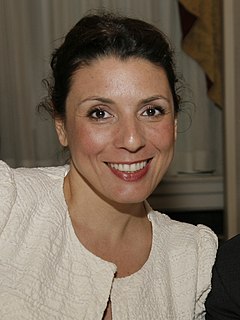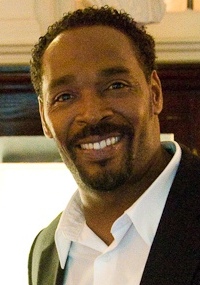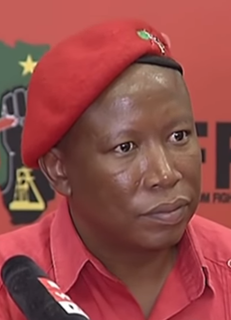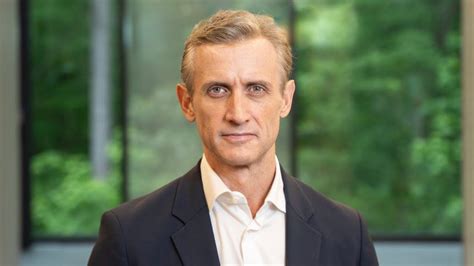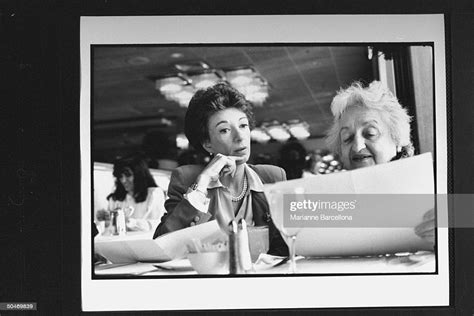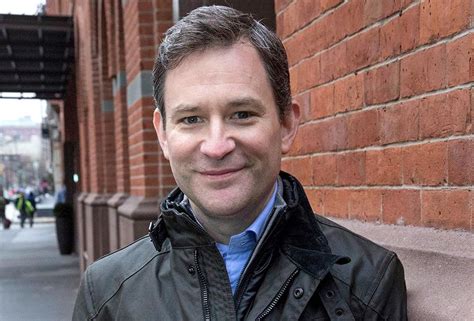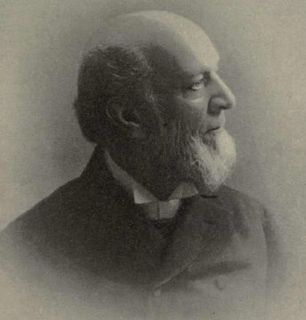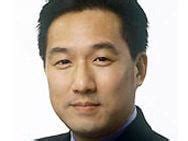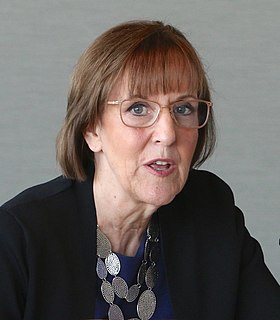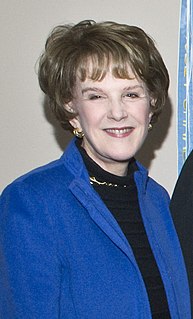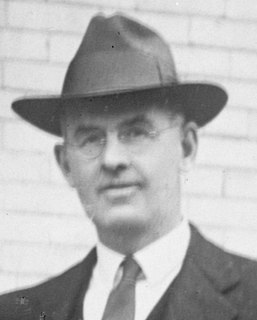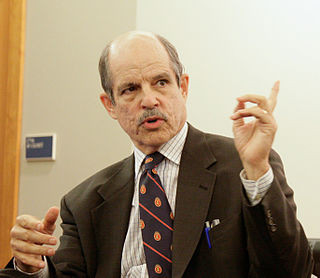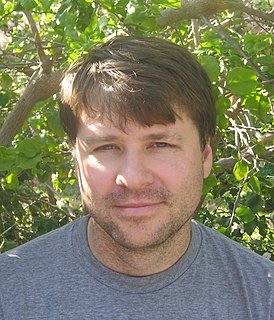A Quote by Lourdes Garcia-Navarro
Iran has a young population, and the desire to get out from under conservative religious social restrictions and to be able to speak their mind without fear of arrest is palpable. But nearly seven years after authorities crushed massive street protests, reformers are still threatened with arrest and expectations for change are extremely low.
Related Quotes
What has happened to protesters in the past was that, basically, the government in 2012 put an end to a series of mass protests by changing laws, by making it possible to arrest anybody for protests, and by making basically a show of imprisoning not just protest leaders, and not specifically protest leaders, but activists, rank-and-file protest participants. That gets across the idea that anybody who joins a protest without being an organizer, without being a visible leader, risks arrest, and not risks just arrest, but years in a Russian jail.
It is the first time since 1993 that Russians have come out into the streets without an explicit permission from the government to do so. The main difference between the protests of 2011-2012 and these protests today is that they didn't have permits. These were - the people who were coming out into the streets were very young people, for the most part, who knew that they were all risking arrest. It's an extraordinary event.
There was this interesting quote: try and live your life without fear and desire. It's this concept that's like when you look at a painting in a museum and you are held in aesthetic arrest. So the I, the ego, is stripped, is gone. The observer and thing become one. That's where fear and desire come in because you don't want to own it, possess it, desire it, and it's not moving you to fear. It's like you're in this harmonious state with the object.
Shortly before my arrest, my girlfriend at the time, who's now my wife of ten years, told me she was quitting drugs and going to church. I went with her once but that was it. After the arrest, I didn't know what I was going to do. She told me to trust in God but I mean, I was looking at ten years and was like, "God? I'm not dying, I need a lawyer. I need bail."
